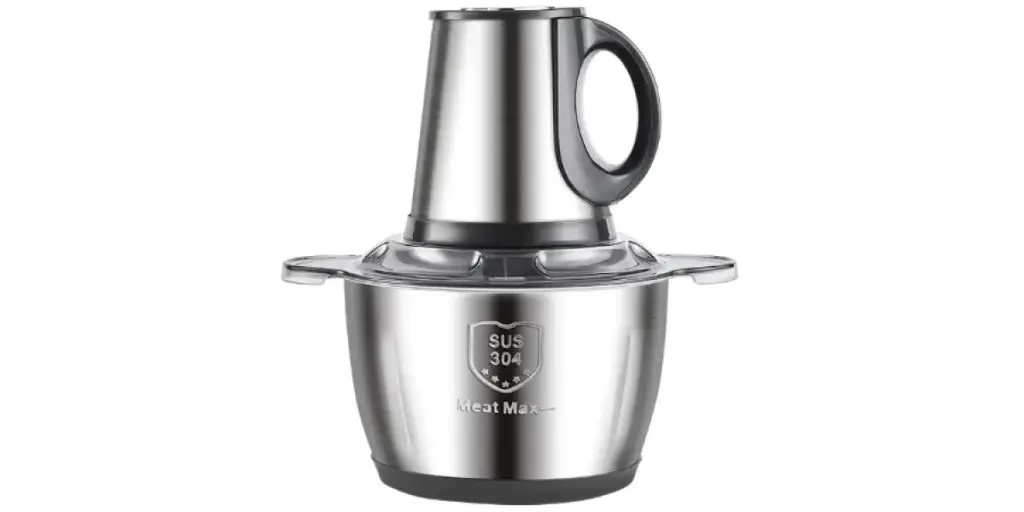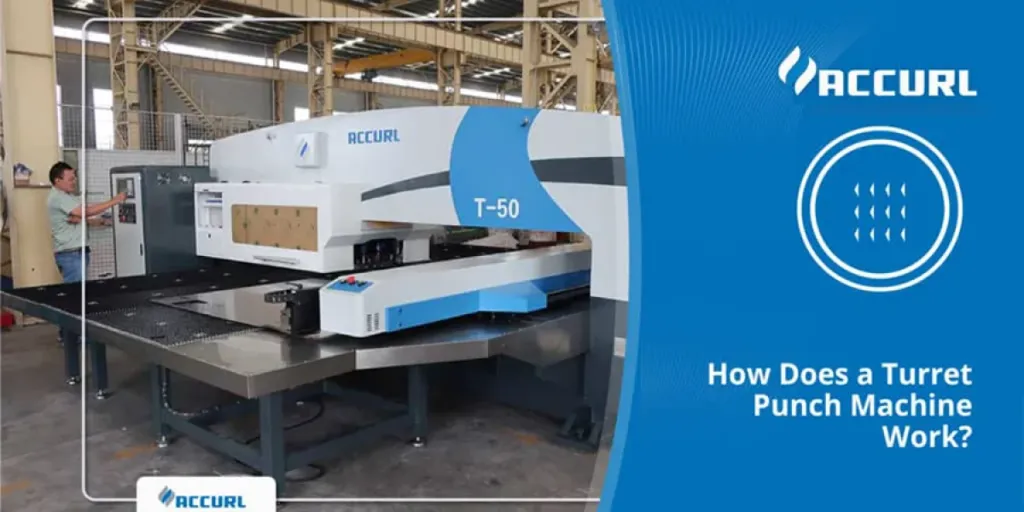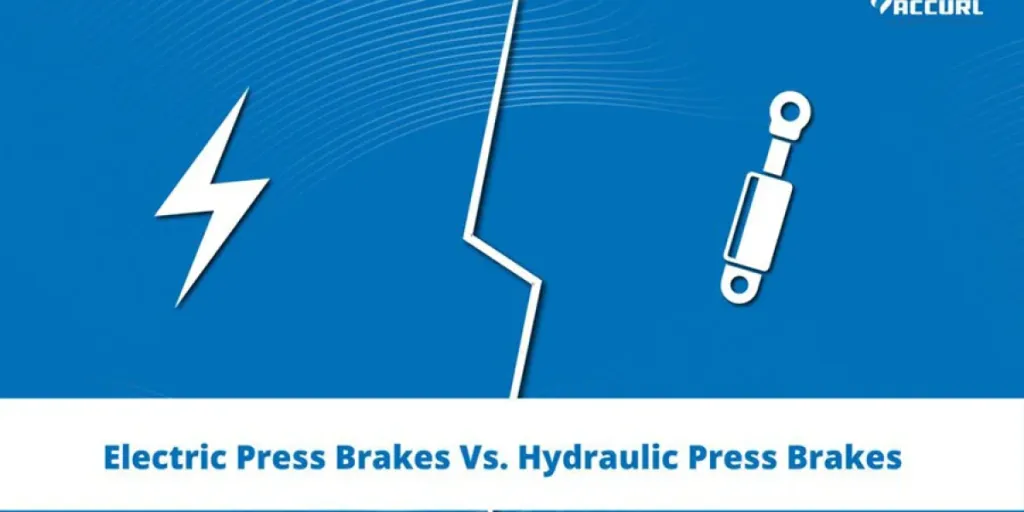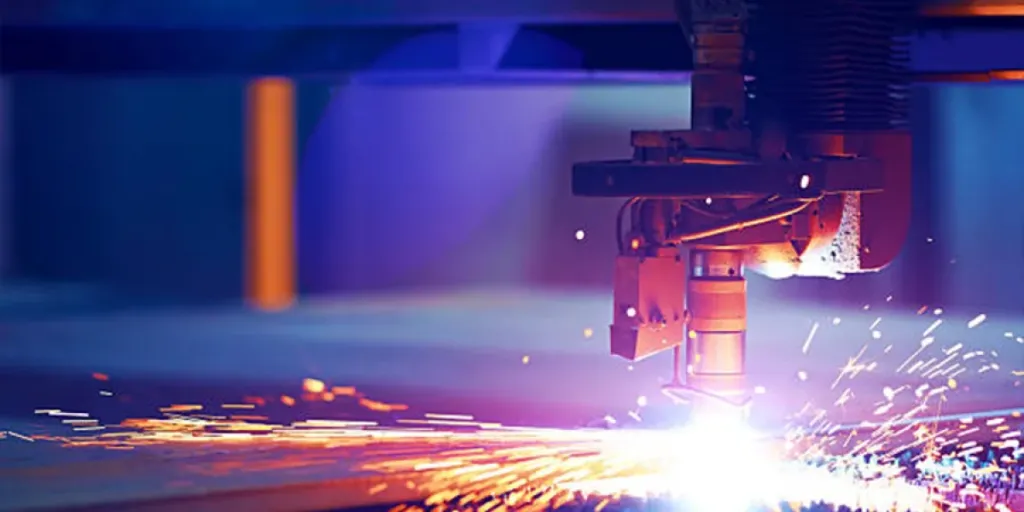The use of yam pounding machines is rising, particularly among African and Caribbean households. These machines are specifically designed to simplify, quicken, and improve the traditional process of pounding yam. When buying a yam pounding machine, it’s essential to consider various aspects such as the machine type, size, energy consumption, and durability.
This comprehensive guide aims to equip you with all the necessary information to purchase the right yam pounding machine for your needs, including offering a rundown of the available types of machines and their respective features.
Table of Contents
What are yam pounding machines?
Types of yam pounding machines
Your guide to buying yam pounding machines
Conclusion
What are yam pounding machines?
Yam pounding machines are kitchen appliances designed to take the hard work out of pounding yam. They are like a helpful kitchen assistant that can pound yam into a smooth, fluffy consistency without requiring much physical effort from you. These machines come in different shapes and sizes, from the industrial-grade machines used in commercial kitchens to smaller, more compact machines for home use.
Types of yam pounding machines
1. Electric yam pounding machine

These are yam pounding machines that operate on electricity. They utilize an electric motor to pound the yam in a mortar and are simpler to operate, requiring less physical effort than manual yam pounding machines. Electric yam pounding machines are available in various sizes and capacities, and some models can grind other food items, such as beans and grains. Electric yam pounding machines are an excellent choice for those who regularly prepare pounded yams and want to save time and energy in the kitchen.
2. Manual yam pounding machine

Manual yam pounding machines require physical effort to pound yam. They consist of a pestle attached to a lever that requires a person to pound the yam by pushing down on the lever. These machines are affordable and do not require electricity, making them ideal for people who do not have access to electricity or want to save on electricity bills. However, manual yam pounding machines require more effort than electric yam pounding machines, which may not be suitable for people with physical limitations.
3. Industrial yam pounding machine

Industrial yam pounding machines are meant for commercial purposes. They are bigger and more robust than other yam pounding machines and can pound huge quantities of yam quickly. Due to their high efficiency, these machines are typically used in restaurants, hotels, and food processing industries.
Industrial yam pounding machines come in various sizes and capacities to meet the diverse demands of the food industry. They are more expensive than other yam pounding machines due to their advanced features and heavy-duty performance.
4. Automatic yam pounding machine

Automatic yam pounding machines function without human intervention. They are equipped with sensors that detect the presence of yam in the mortar and start the pounding process automatically. These machines are ideal for busy households and commercial kitchens, as they do not require constant monitoring. Although automatic yam pounding machines are more expensive than other types, they are highly efficient and can save time and labor costs in the long run.
5. Mini yam pounding machine

These yam pounding machines are smaller than electric yam pounding machines. They are intended for individuals and households requiring small quantities of pounded yam. Mini yam pounding machines are compact, making them easy to store and ideal for people with limited kitchen space. These machines are inexpensive and straightforward to operate.
Your guide to buying yam pounding machines
1. Cost
Depending on factors such as type, size, and features, yam pounding machines can range in cost. Manual yam pounding machines can cost between US$ 20 to US$ 60, while electric yam pounding machines can cost between US$ 50 to US$ 200. Industrial and automatic yam pounding machines are typically more expensive, ranging from US$ 500 to US$ 2000. It is essential to consider your budget and the machine’s cost before selecting a model to purchase.
2. Capacity
The capacity of a yam pounding machine is determined by the size and power of its mortar. On average, the capacity of yam pounding machines ranges from 2 to 8 litres, with some industrial machines having a capacity of up to 20 litres or more. If you regularly prepare pounded yams for a large family or commercial purposes, investing in a machine with a larger capacity is recommended. On the other hand, if you only need to pound small quantities of yam, a machine with a smaller capacity will suffice.
3. Material quality
To ensure the durability and hygiene of the yam pounding machine, it is important to consider the quality of the material used to make it. Yam pounding machines are usually made of either stainless steel or food-grade plastic. Stainless steel is a strong and durable material that is easy to clean and resistant to rust and corrosion.
On the other hand, food-grade plastic is a lightweight and more affordable option, but it may not be as durable as stainless steel. When choosing a yam pounding machine, it is important to consider the advantages and disadvantages of both materials and choose the one that best suits your needs.
4. Size
The capacity, motor power, and overall design determine the size of the machine. Mini yam pounding machines suit individuals or small families with limited kitchen space. On the other hand, larger machines like industrial yam pounding machines require more space to operate and are suitable for commercial kitchens or food processing industries. It is essential to consider your kitchen space and your yam pounding needs before purchasing a yam pounding machine.
5. Safety features
Ensuring the safety of users is crucial when purchasing a yam pounding machine. Examples of safety features that some machines may have include safety locks to prevent accidental operation, automatic shut-off features that stop the machine when not in use, and voltage regulators that prevent electrical overload. Another essential safety feature is a grounding wire that protects against electrical shock. It is recommended to carefully review the safety features of a yam pounding machine before making a purchase.
6. Durability
The lifespan of a yam pounding machine depends on various factors such as usage frequency, maintenance, and the quality of materials. On average, high-quality yam pounding machines can last 5 to 10 years or even longer.
Generally, stainless steel and heavy-duty plastics are more durable than other materials for making yam pounding machines. Proper maintenance practices such as regular cleaning and servicing can extend the machine’s lifespan.
Conclusion
When buying yam pounding machines, consider the type, capacity, material quality, size, safety features, and durability. Choose machines that meet your needs and fit your budget. Visit Chovm.com for a variety of yam pounding machines with different features and price ranges.





 Afrikaans
Afrikaans አማርኛ
አማርኛ العربية
العربية বাংলা
বাংলা Nederlands
Nederlands English
English Français
Français Deutsch
Deutsch हिन्दी
हिन्दी Bahasa Indonesia
Bahasa Indonesia Italiano
Italiano 日本語
日本語 한국어
한국어 Bahasa Melayu
Bahasa Melayu മലയാളം
മലയാളം پښتو
پښتو فارسی
فارسی Polski
Polski Português
Português Русский
Русский Español
Español Kiswahili
Kiswahili ไทย
ไทย Türkçe
Türkçe اردو
اردو Tiếng Việt
Tiếng Việt isiXhosa
isiXhosa Zulu
Zulu